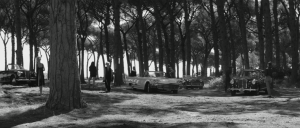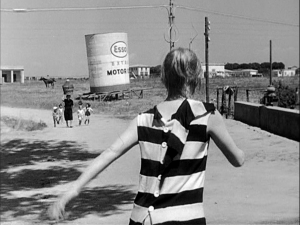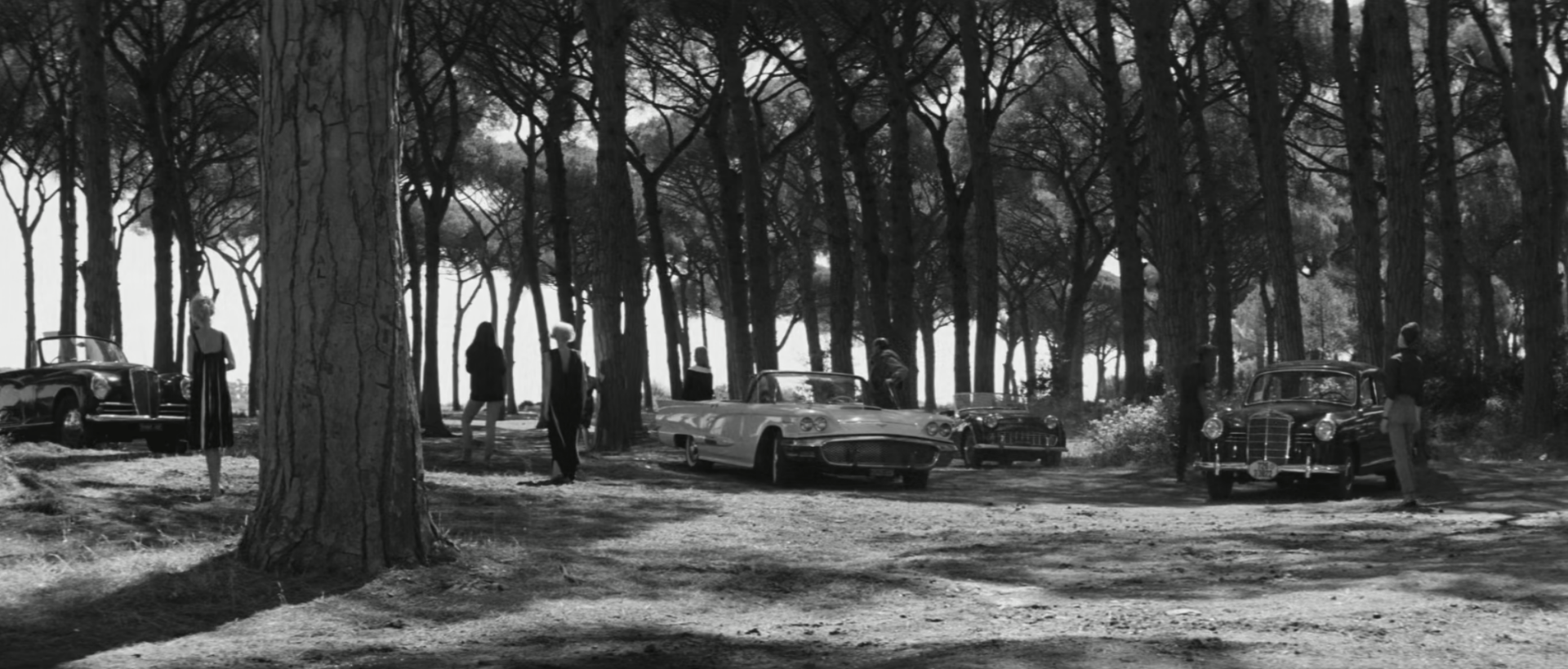I wrote this piece about Federico Fellini for the inimitable Dante Alighieri Society of Michigan.
The year 2020 marks 100 years since Federico Fellini’s birth in Rimini, on the Adriatic coast, and Italian film scholars have been making plans to mark the centenary of the prolific Maestro for years. Back in 2017, as I was preparing an essay for The Companion to Federico Fellini, a kaleidoscopic new collection edited by Frank Burke, Marguerite Waller, and Marita Gubareva, my ears were attuned to all things Fellini. Yet I was still taken by surprise when I heard an NPR interview with a wild salmon fisherman named Riley Starks about an unfolding ecological disaster on the beautiful Pacific Northwest coast.

The story goes like this: a pen of Atlantic salmon in a commercial fishery broke, releasing hundreds of thousands of farmed, non-native fish into waters where wild fish were heading to their spawning grounds. Starks joined emergency efforts to help catch the escapees, who were disease-ridden, full of antibiotics, and swimming senselessly in circles after lifetimes spent in tight quarters. As he participated in the bizarre carnivalesque scene of small craft rounding up the fish, Starks said: “fishermen love to fish […] so there is a certain sort of joy in it, but it’s like a Fellini movie, there’s the overshadowing despair that underlies it.”
I was awestruck that a salmon fisherman, heartbroken and enraged at an ecological affront to a landscape he loved, would suddenly think of Federico Fellini. I got in touch with Starks and learned that he’d studied film in college and has a passion for Italy (we spoke by phone as he and his dog, a Lagotto Romagnolo, were headed for a truffle hunting event and dinner). Talking to Starks helped me work through some of what I wanted to say about Fellini’s cinema.
On the occasion of a centenary like Fellini’s, scholars and critics ask questions like: why has an artist’s work been so enduring? What does it tell us about the course of history, aesthetics, politics, existence? How does it continue to speak to viewers today? In my current research in the emerging discipline of “environmental media studies,” I am asking what films and other media can tell us about the environment—how we care for, disregard, and are shaped by a more-than-human world. My essay for the centenary collection is titled “Environmental Fellini: Petroculture, the Anthropocene, and the Cinematic Road,” and in Le notti di Cabiria (Nights of Cabiria, 1957), La dolce vita (1960) and Roma (1972), I find vivid evidence of Italy’s rapid automobilization, urbanization, and reliance on plastics. Fellini embraced the abundant resources of Italy’s boom: he loved to think while driving and to feature wild rides in his films (think of the iconic Triumph TR3 in La dolce vita, or the luxurious DeSoto Fireflite convertible in Cabiria), and he loved to rebuild things in plastic at the Cinecittà studios (picture the disquieting sea monster on the beach in La dolce vita, or the shiny plastic sea in E la nave va (And the Ship Sails On, 1983)). Many of the very same resources that his film sets consumed joyously are the ones geologists are now digging up in the earth’s rock layers and its atmosphere—the ones that are leading scientists to conclude that we’ve entered a new, dangerous geological epoch, the Anthropocene.

But here’s where Fellini’s brilliance shines. In the “overshadowing despair” that characterizes the Maestro’s films, in the sense that the world is changing and that people, things, and places are not always able to keep pace, in the sense of alienation underlying the parties and frenzied gatherings, we can read (among many other things) a visionary message about the causes underlying our contemporary environmental crisis. His films’ eloquent aesthetics simultaneously revel and critique. They archive the past even as they creatively reframe their present, and today, they offer a point of reference for moments—like the one described by Starks—when we don’t quite have the words to describe what we are living.
Fellini’s films invite new readings every time you watch them, so on this centenary of his birth, why not ask the Maestro a new question and see where the cinematic road takes you?

